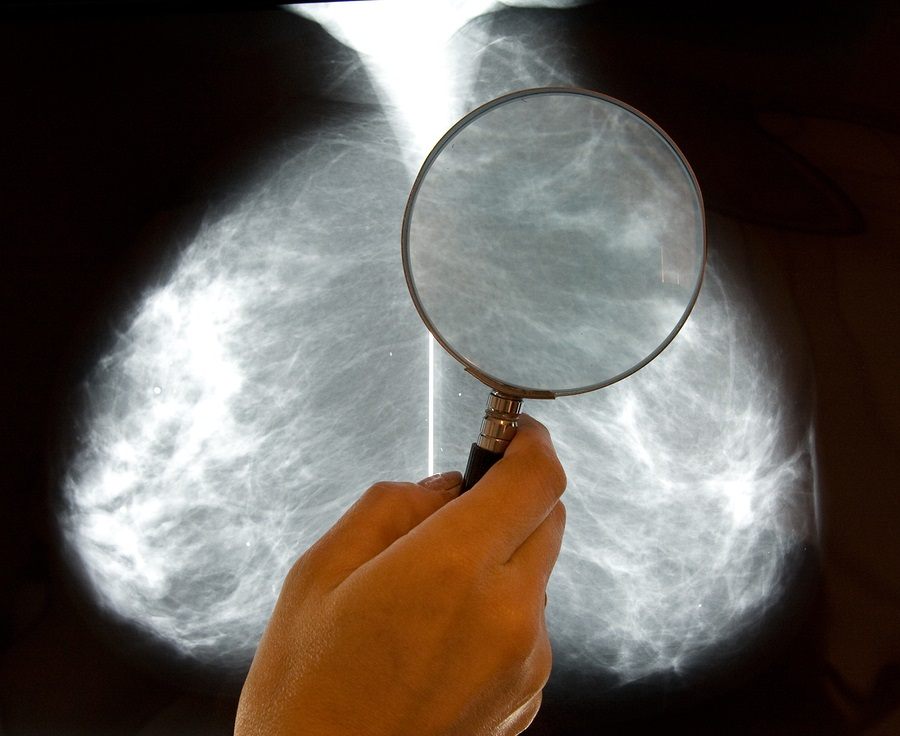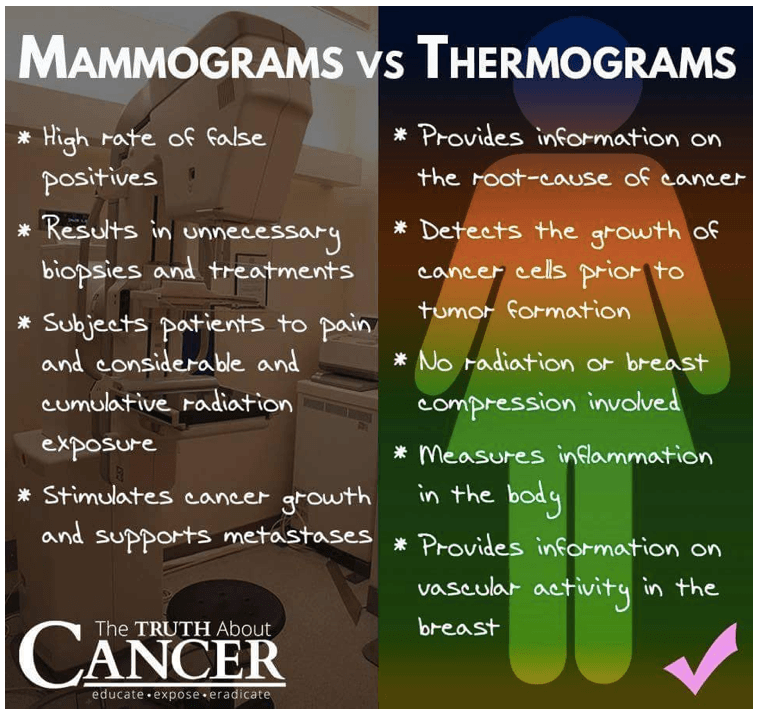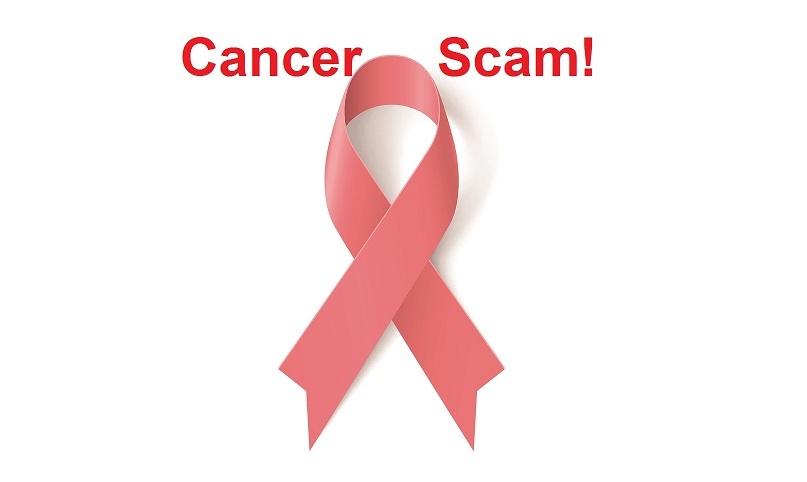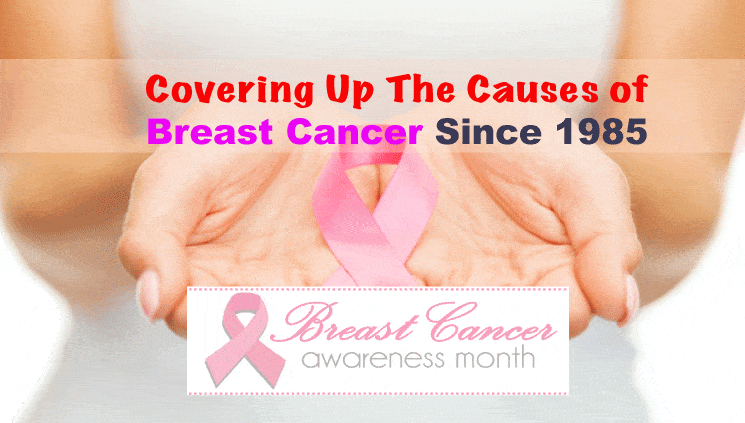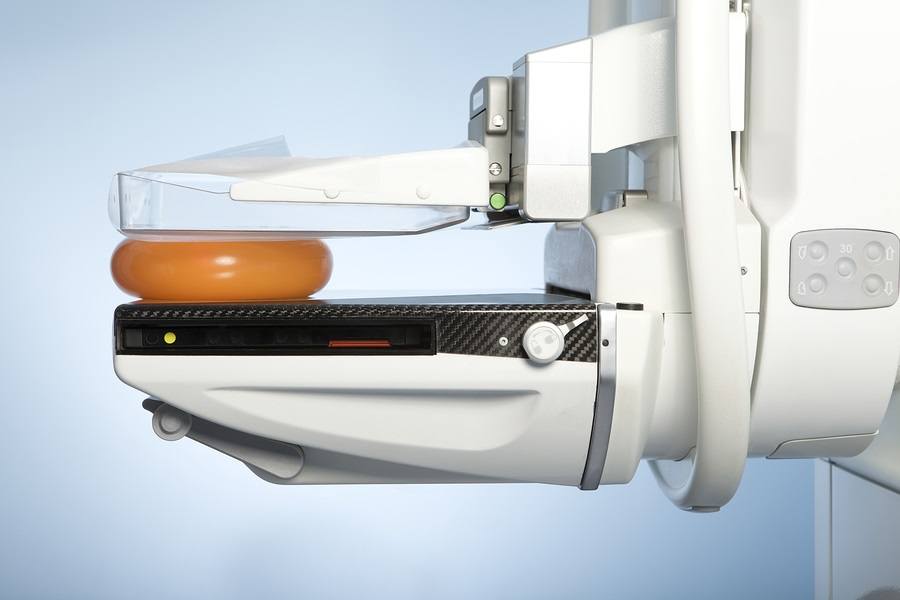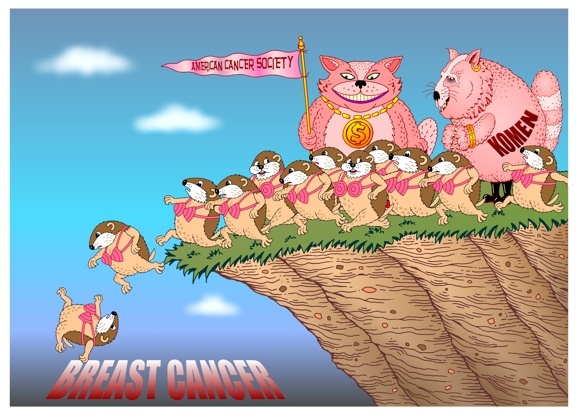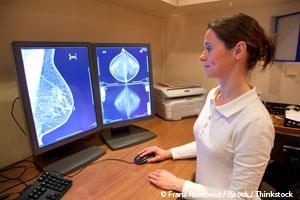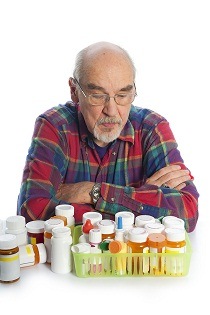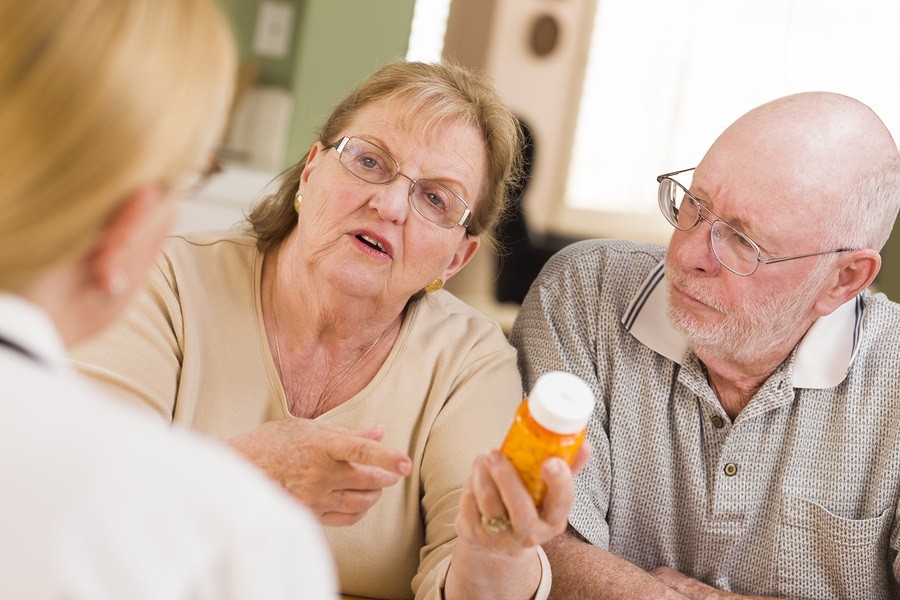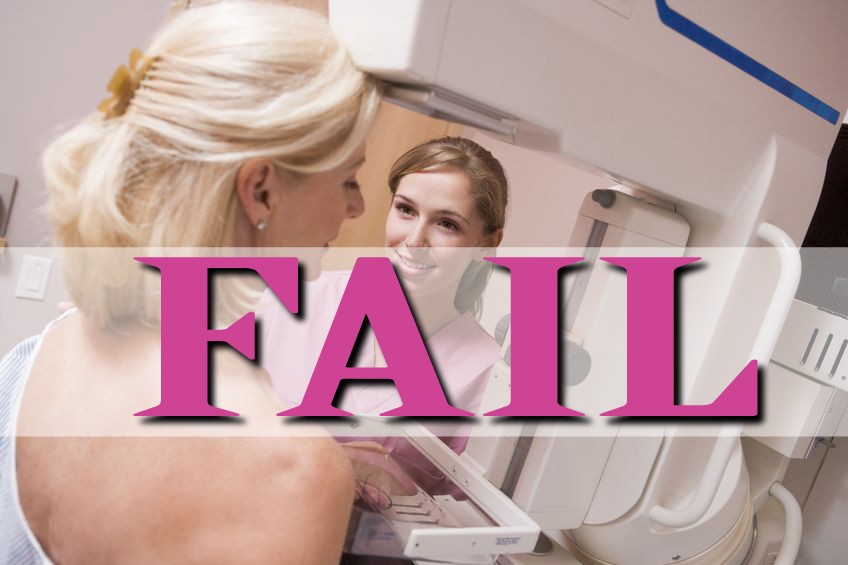Synthetic Menopausal Hormone Therapy Continues to Increase Breast Cancer and Death Rates
The headline on medscape.com (12.20.19) states, “Remarkable New Data on Menopausal Hormone Therapy.” Folks, there is NOTHING remarkable or (much) new about the data reported. What is remarkable is that the FDA, who should be working for us, has not pulled synthetic progesterone from the market even though over three decades of data have proven that it significantly increases breast cancer risk. One reason women have to suffer with the increased breast cancer risk is because the FDA was not doing its job and removing synthetic progesterone from the marketplace. Another reason is on physicians’ shoulders for prescribing this toxic therapy in the first place. If they studied endocrinology and looked at how MPA works in the body, it is not hard to predict there will be problems with it. The 2019 findings found that after 19 years of follow-up, women who used MPA had a 29% significant increased risk in breast cancer. The original 2002 study found a 26% increase risk in breast cancer with MPA use. In terms of death from breast cancer, the 2019 report found a 45% increase in deaths from breast cancer in women who used MPA. Breast cancer affects one in seven women across the US. It is a pathetic statistic. It is also pathetic to prescribe a therapy that significantly increases a woman’s risk of developing breast cancer when there are safer versions available.





